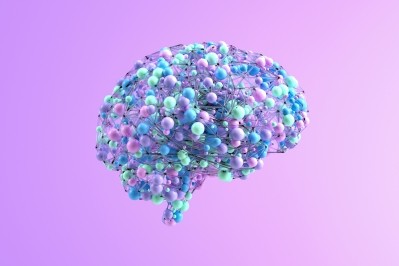First patient dosed using oral PROTAC in development for neurodegenerative diseases

Arvinas Inc. is using its first oral PROTAC, or PROteolysis-TArgeting Chimera, protein degrader in development to treat neurodegenerative diseases.
In preclinical studies, the ARV-102 PROTAC, has been shown to cross the blood-brain barrier and degrade leucine-rich repeat kinase 2 (LRRK2) which is a large multidomain scaffolding kinase.
Increased activity and expressions of LRRK2 is genetically involved in the pathogenesis of neurological diseases including Parkinson’s disease and progressive supranuclear palsy (PSP).
In non-human primates, orally administered ARV-102 has been shown to reach deep-brain regions and degrade LRRK2 by nearly 90%. The phase 1 clinical trial of ARV-102 is enrolling healthy volunteers at the Centre for Human Drug Research (CHDR) in Leiden, the Netherlands.
The trial will evaluate the safety, tolerability, pharmacokinetics, and pharmacodynamics of ARV-102, including the evaluation of LRRK2 degradation and exploratory LRRK2 pathway biomarkers.
“Parkinson’s disease and progressive supranuclear palsy are devastating diseases and this important step of dosing the first healthy volunteer with ARV-102 marks a significant milestone in our commitment to develop transformative therapies for patients living with neurodegenerative diseases,” said Angela M. Cacace, senior vice president, neuroscience and platform biology.
“There is a high unmet need in many neurologic diseases, and unlike other therapeutic modalities designed to inhibit LRRK2 activity, ARV-102 is an investigational oral PROTAC degrader uniquely designed to cross the blood-brain barrier and degrade the LRRK2 protein. As a pioneer in targeted protein degradation, we believe that PROTAC degraders have great potential to change the treatment paradigm for patients with neurodegenerative diseases.”
John Houston, chairperson, CEO, and president, and Cacace provided an update on recent progress with ARV-102, as well as Arvinas’ preclinical pipeline of PROTAC protein degraders directed towards neurological disorders, in a recent webcast.
The company says it is dedicated to improving the lives of patients suffering from debilitating and life-threatening diseases through the discovery, development, and commercialization of therapies that degrade disease-causing proteins.
Arvinas uses its PROTAC Discovery Engine platform to engineer proteolysis targeting chimeras, or PROTAC-targeted protein degraders, that are designed to harness the body’s natural protein disposal system to degrade and remove disease-causing proteins selectively and efficiently.
The company applies its platform to develop treatments for diseases associated with historically ‘undruggable’ targets. In addition to its robust preclinical pipeline of PROTAC protein degraders against validated and ‘undruggable’ targets, the company has four investigational clinical-stage programs.
These include vepdegestrant (ARV-471) for the treatment of patients with locally advanced or metastatic ER+/HER2- breast cancer, ARV-766 and bavdegalutamide for the treatment of men with metastatic castration-resistant prostate cancer, and ARV-102 for the treatment of patients with neurodegenerative disorders.
























